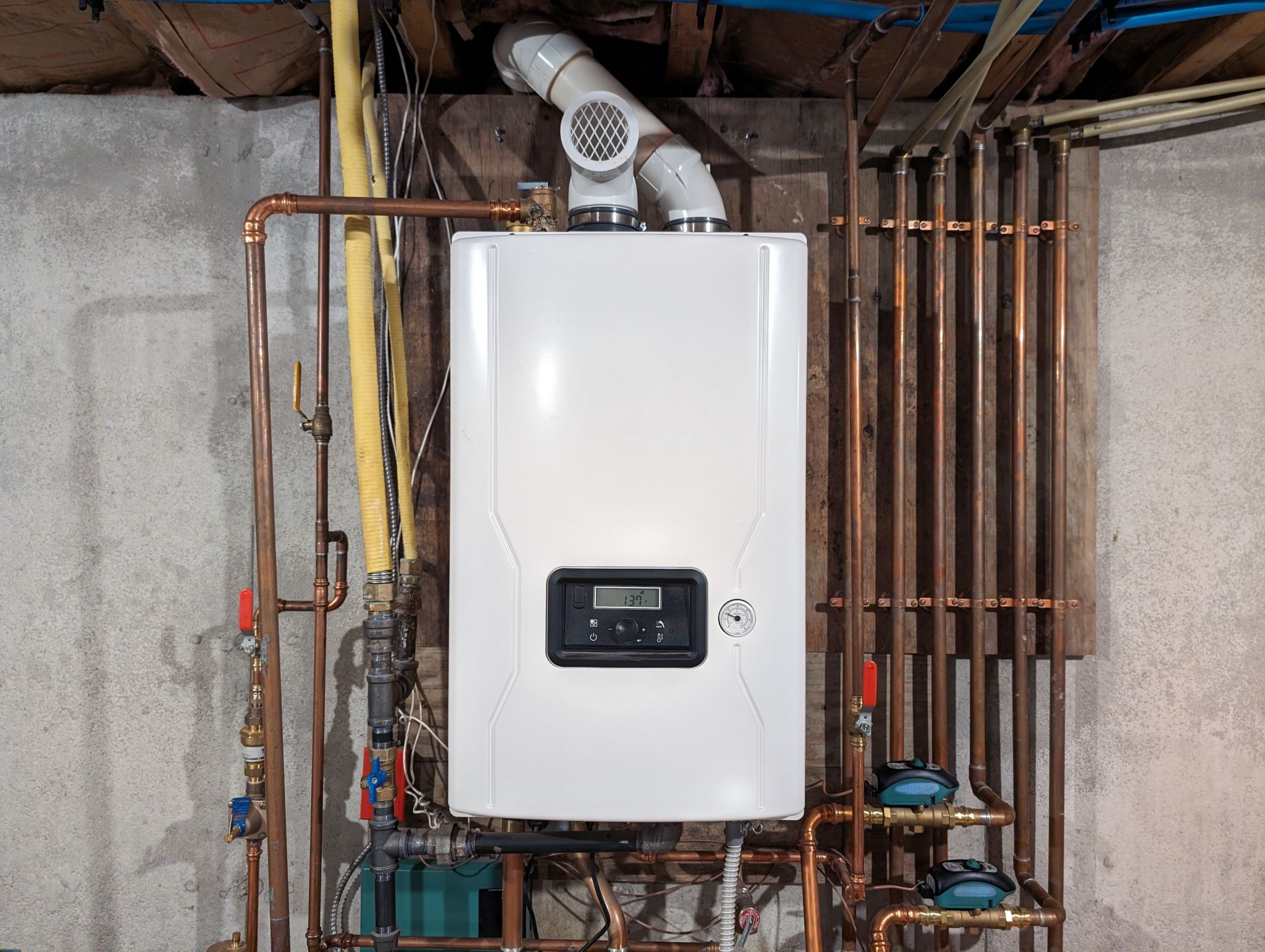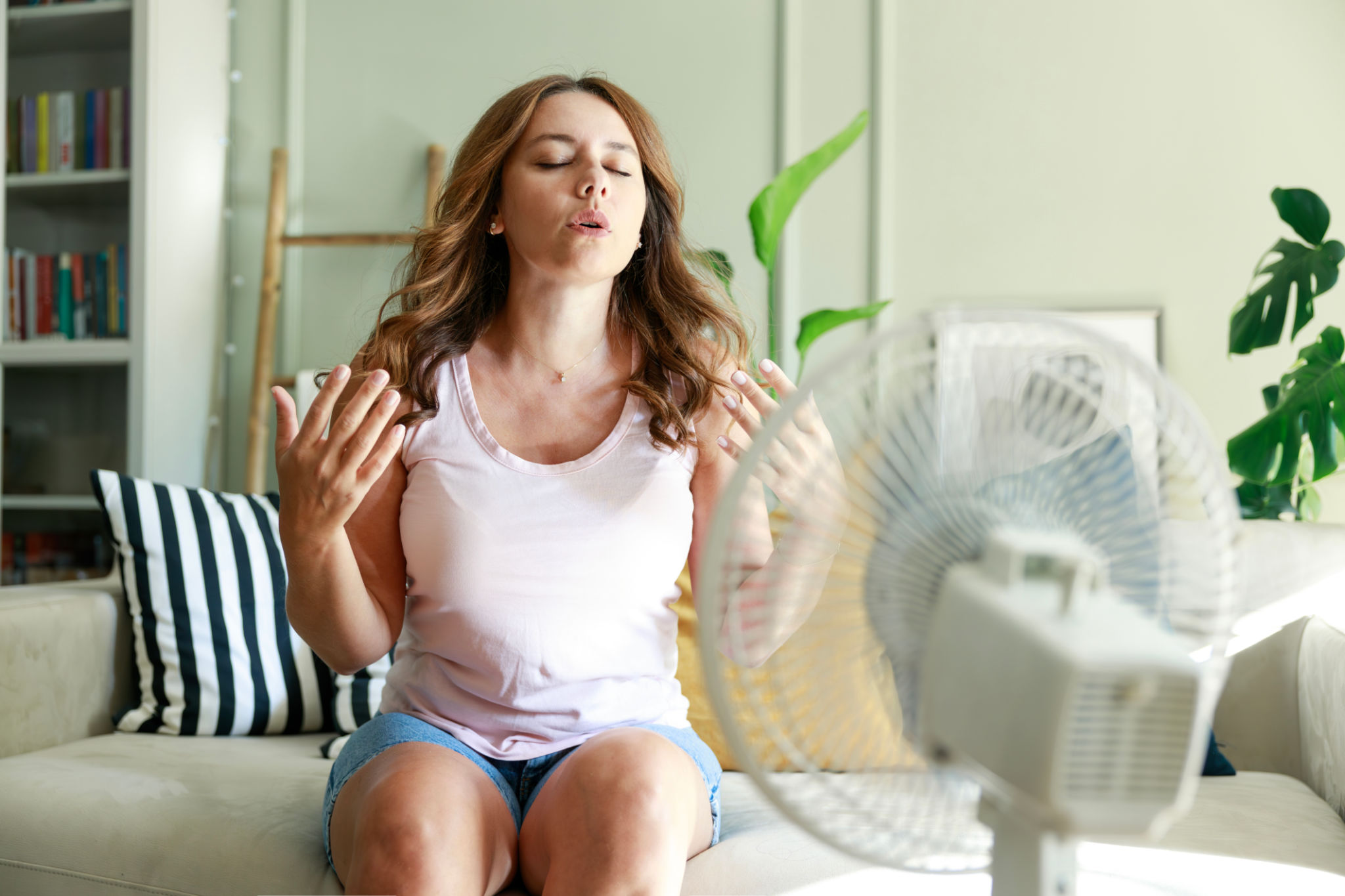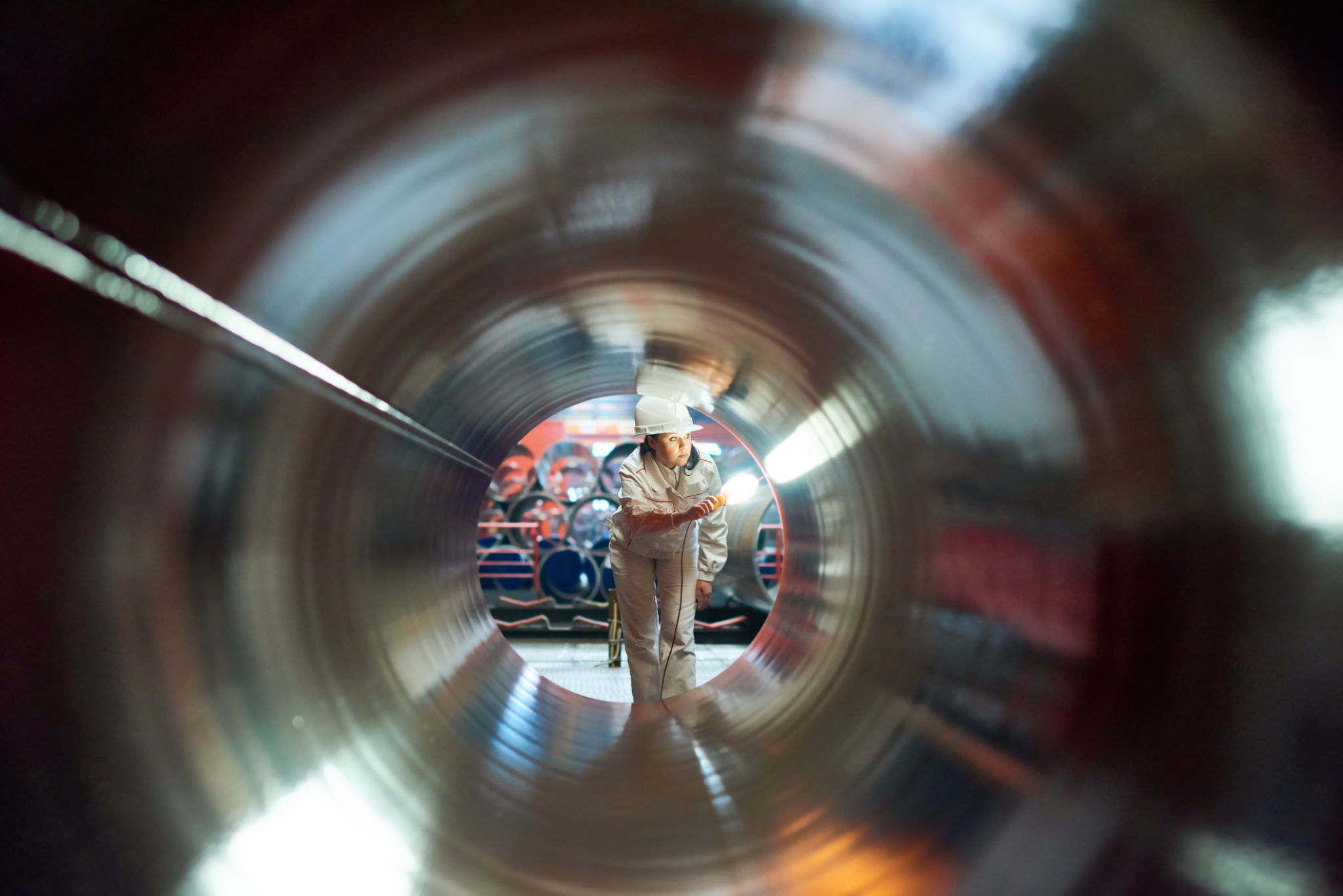Preparing Your Home for Winter: Preventing Plumbing Emergencies
Understanding the Importance of Winterizing Your Plumbing
As the chill of winter approaches, it's crucial to take proactive steps to safeguard your home's plumbing system. Cold weather can wreak havoc on pipes, potentially leading to costly repairs if left unattended. Preparing your home for winter involves taking preventive measures to avoid plumbing emergencies that can disrupt your daily life.

Insulate Your Pipes
One of the most effective ways to prevent your pipes from freezing is by insulating them. Focus on pipes located in unheated areas such as basements, attics, and garages. Use foam pipe insulation or heat tape to provide an extra layer of protection against the cold. This simple step can significantly reduce the risk of pipes freezing and bursting.
Additionally, it's wise to seal any leaks or gaps around pipes that might allow cold air to seep in. By keeping the cold air out, you're helping maintain a stable temperature around your plumbing.
Maintain Your Water Heater
Your water heater works harder during the winter months, so it's essential to ensure it's in optimal condition. Flush your water heater to remove sediment buildup that can affect its efficiency. Check the temperature setting and adjust it if necessary—usually, 120 degrees Fahrenheit is recommended for both energy savings and safety.

Protect Outdoor Faucets
Outdoor faucets and hoses are particularly vulnerable to freezing temperatures. Disconnect and drain all garden hoses, then store them indoors for the winter. Install insulated faucet covers on outdoor spigots to provide an extra layer of protection against the cold. If possible, shut off the water supply to exterior faucets to eliminate any risk of freezing.
For added safety, consider installing frost-free hose bibs, which are designed to prevent water from freezing in the pipe.
Keep Indoor Temperatures Consistent
Maintaining a consistent indoor temperature can help prevent your pipes from freezing. Avoid setting your thermostat too low, especially at night or when you're away from home. Keep cabinet doors open under sinks and near exterior walls to allow warm air to circulate around pipes.

If you plan to be away for an extended period during the winter, set your thermostat to at least 55 degrees Fahrenheit to ensure your home's plumbing remains protected.
Know How to Shut Off Water Quickly
In case of a plumbing emergency, knowing how to quickly shut off your home's main water supply can prevent extensive water damage. Make sure everyone in your household knows where the main shut-off valve is located and how to use it. It's also a good idea to test the valve periodically to ensure it's functioning properly.
Regularly Inspect for Leaks
Even minor leaks can escalate into major problems during the winter months. Regularly inspect your plumbing system for any signs of leaks or drips. Pay special attention to areas under sinks, around toilets, and near appliances like dishwashers and washing machines.

If you notice any leaks, address them promptly before they have the chance to worsen in cold weather conditions.
Final Thoughts
By taking these preventive measures, you can help ensure a worry-free winter season without unexpected plumbing emergencies. A little preparation now can save you time, money, and stress in the long run. Stay proactive and protect your home against the harsh winter elements.